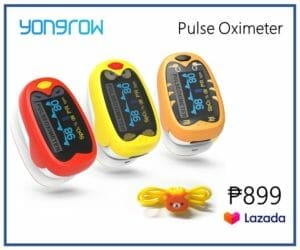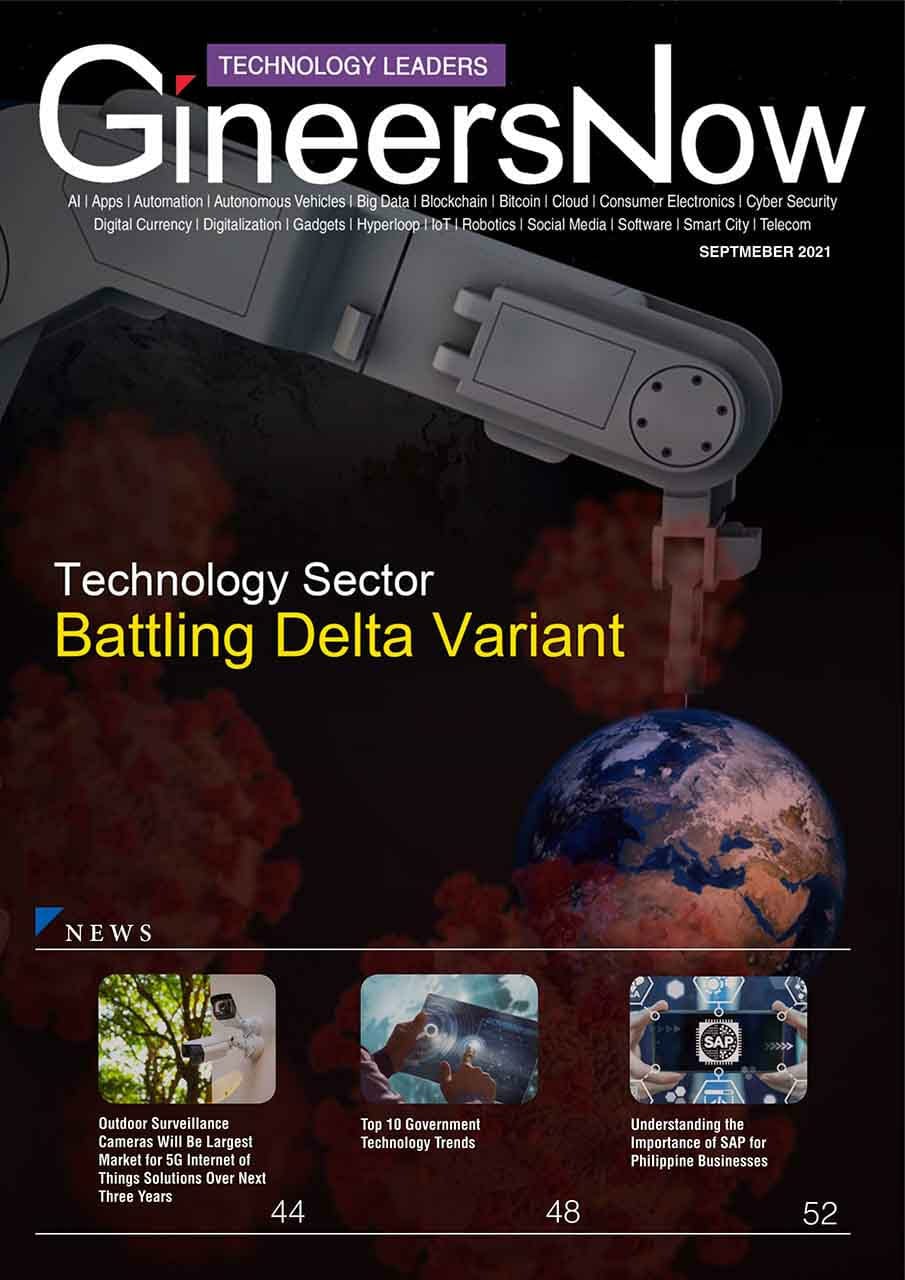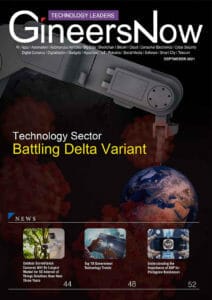Biosensor Machines that Can Detect Covid-19
Over the last few decades, biosensor innovation has seen an unprecedented and exponential increase in development and performance. This is thanks to advancements in transduction systems, nanotechnology, and genetic engineering, all of which offer various strategies for improving biosensor detection performance. There are four kinds of biosensor machines, depending on the technology used: optical biosensors, electrochemical biosensors, piezoelectric biosensors, and thermal biosensors.
Recent advancements in biosensor machines for Covid-19 Delta variant detection
The COVID-19 pandemic is escalating in severity as a result of the virus’ continuous worldwide spread and the lack of available treatment and diagnostic methods. International health authorities are committing significant resources to manage the COVID-19 pandemic by examining all aspects of treatment development, with a particular emphasis on the development of smart diagnostic instruments capable of fast and selective detection of the COVID-19 protein.
The search for fast COVID-19 testing of large populations has been reported via novel biosensor development techniques. Currently, there is considerable interest in creating fast, reliable, and sensitive new biosensors for COVID-19 diagnoses that would remove the need for separation (nucleic acid extraction), incubation, or the use of any signal-reporting agents.

COVID-19 biosensors are primarily based on surface nucleoproteins that attach to the host angiotensin-converting enzyme 2 (ACE-2) receptor and internal genetic material; they are very selective. Detection of biomarkers other than antibodies or immunoglobulins in human hosts may be a strategy for creating novel biosensors for COVID-19 infection.
Numerous host biomarkers have been discovered in recent years, particularly those associated with coagulation cascades in disseminated intravascular coagulation (DIC) and acute respiratory distress syndrome (ARDS) (ARDS). Additional new biomarkers may be discovered via careful examination of numerous case studies.
Recently, nanomaterials such as gold and carbon have generated considerable attention in sensor technology, resulting in the development of promising sensors for detecting viruses and their biomolecules. These nanomaterials combined with analytes such as complementary single-stranded nucleic acid aptamers may provide a novel method for detecting SARS-CoV-2 in clinical samples.

The present state of the art is toward the development of sensitive, portable, and space-efficient biosensor machines. Electrochemical biosensors are extensively used for viral detection and are based on antibodies, aptamers, and imprinted polymers. The Ebola virus was detected utilizing an electrochemical-based DNA sensing device through an enzyme-amplification detection method, which increased the sensor’s sensitivity and selectivity.











